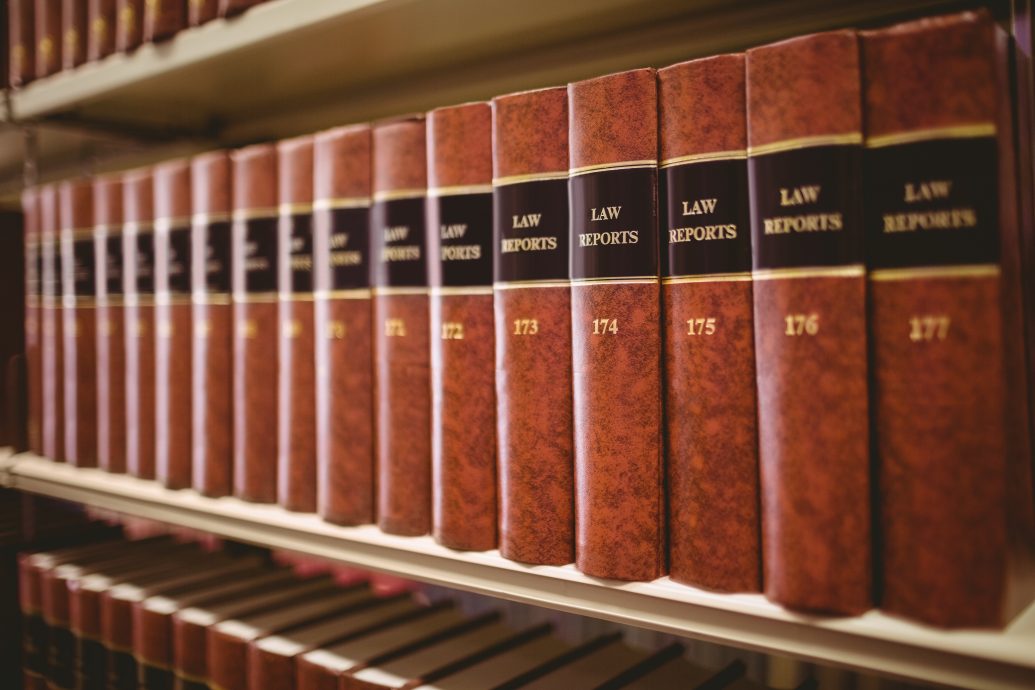Originalist Rules of Precedent
In my last two posts on precedent, I argued for two propositions. First, the Constitution contemplates precedent as a legal consideration in some circumstances and determines the appropriate circumstances through common law doctrines. Second, these common law doctrines should be informed by the great and general value of following the original meaning of the Constitution. As a result, these common law doctrines should recognize that precedent is second best and should be followed at the expense of original meaning only under rules that tell us when the costs of preferring precedent are less than discarding the original meaning.
I don’t have space to articulate all these rules in a single post. But here are three that Mike Rappaport and I have considered. First, precedent should be preferred when we are confident that a constitutional amendment would have been passed had the case gone the other way. That rule would certainly protect the holdings of the Legal Tender cases and probably Griswold v. Connecticut, even assuming they were wrongly decided. But most precedents do not fall into this category. For instance, it is not at all likely that the exclusionary rule or Miranda would muster enough support to become entrenched by a constitutional amendment.
Second, the Court should follow precedent when there are truly enormous costs of discarding it. Thus, even if Article I did not permit delegations to agencies, it would destabilize society to declare such delegations unconstitutional now and get rid of all the regulatory agencies that rely on delegation. In contrast, this rule would not insulate those decisions that permit agencies to be independent of the President, assuming that original meaning of the Constitution gives the President the authority to fire them at will. No one would much notice except for Washington bureaucrats if tomorrow agency heads became so dispensable. The costs have to be truly great to justify sticking with non-originalist precedent.
Third, if the Supreme Court had fashioned a precedent through good faith efforts to find the original meaning and then reaffirmed it through subsequent re-investigations, there would be no reason to believe that another Court would do better in discovering the original meaning even if it disagreed with the prior precedent. Therefore the presence of any reliance interests in adhering to the holding set out by the precedent would militate in favor of stare decisis. In contrast, precedents where the Court did not attempt to base its holding on a good faith analysis of the original meaning would not be protected by this rule. As a result, much of the Warren Court criminal law jurisprudence would be vulnerable.
Importantly, all these doctrines would not begin with the presumption in favor of following precedent that the Court set forth in Planned Parenthood v. Casey. Under the Casey view, precedent is the presumptive rule defeasible only by specific factors. In our view, following original meaning should be the general presumption defeasible only by specific rules.
In my next and final post in this series, I will refute some arguments for stronger precedent rules.


